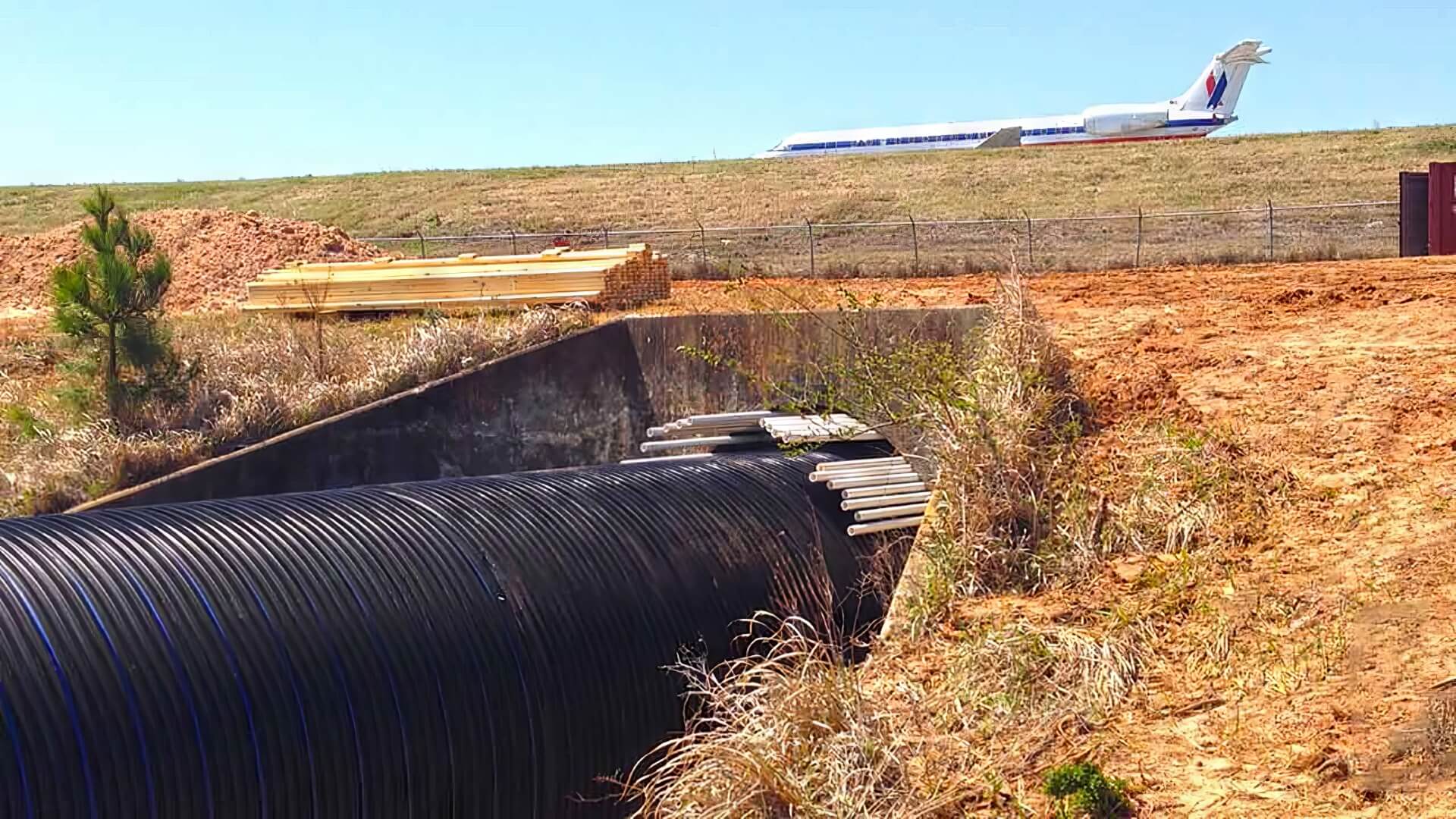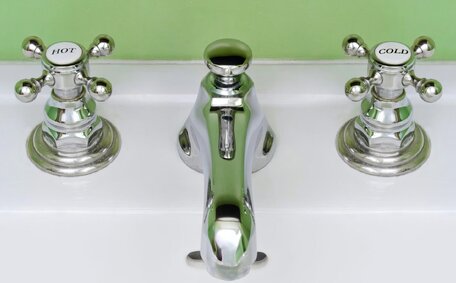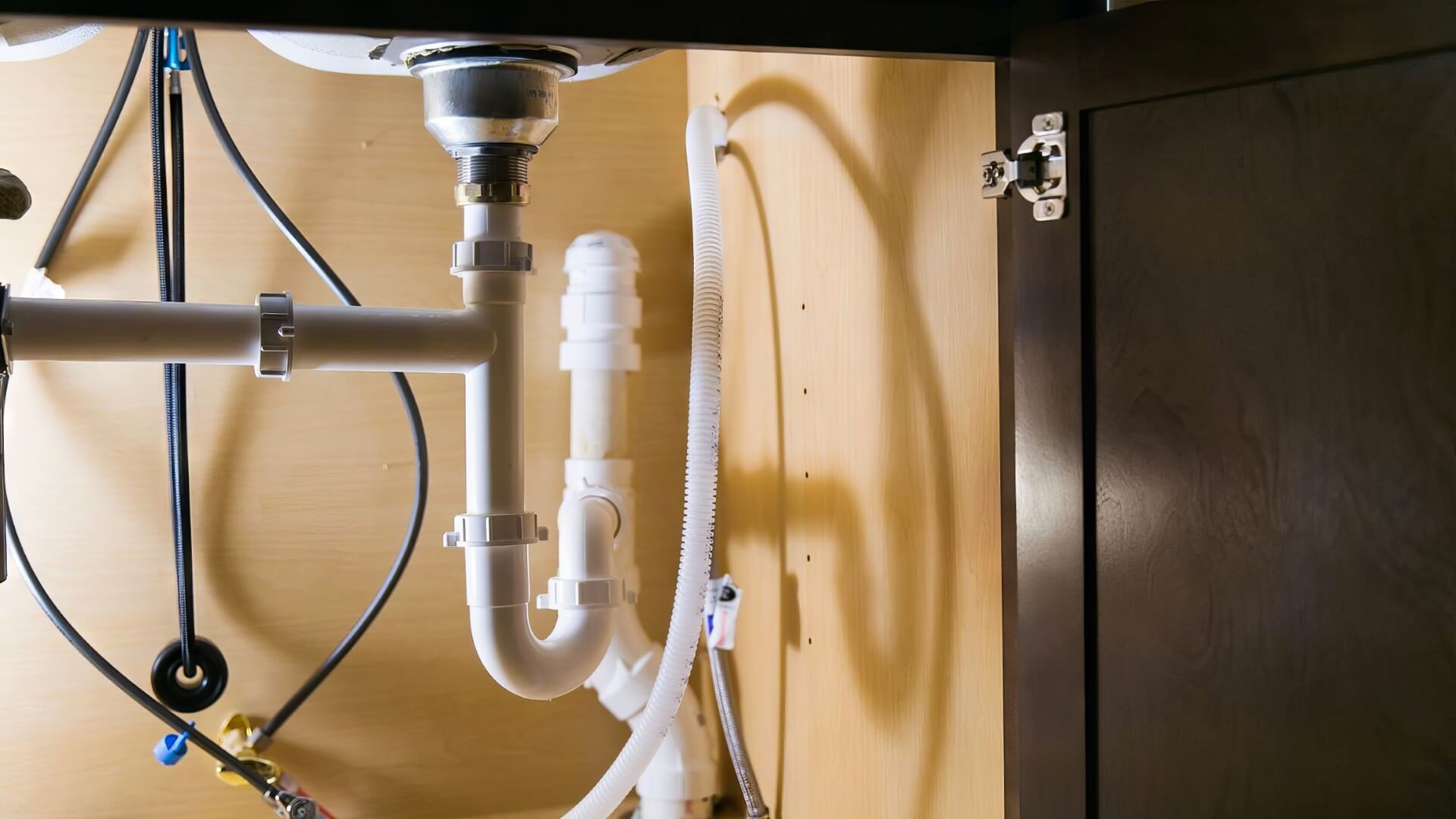
Does Pipe Relining Increase Property Value?
Pipe relining fixes damaged pipes without digging or replacement. It prevents leaks, damage, and improves drainage. This increases property value and saleability for under $2000.
Read MoreBlocked drains are a common and disruptive issue for restaurants and cafes. Blocked drains are a common and disruptive issue for restaurants and cafes.
Food particles, fats, oils and grease going down the drain can quickly build up and cause clogs. A blocked drain leads to foul odours in the kitchen, flooding, potential closure of the business and expensive plumbing repairs. Food particles, fats, oils and grease going down the drain can quickly build up and cause clogs.
There are several common culprits that lead to blocked drains in cafes and restaurants:
Training staff to properly scrape plates into bins before washing is essential. And installing bathroom signs discouraging flushing of unsuitable items helps avoid many clogs.
Drain screens and strainers can catch larger particles. Regularly cleaning grease traps prevents fat buildup.
Food waste is one of the biggest contributors to blocked drains in cafes and restaurants. Starchy foods like rice, pasta and potato scraps quickly build up inside pipes. Letting food particles wash down sinks instead of disposing in bins leads to clogs.
Fats, oils and grease are also major blocking agents. As oils used for cooking cool, they coagulate and stick to pipe walls. Food scraps and other debris then latch on, eventually forming a plug that blocks water flow.
Regularly cleaning out grease traps is crucial to preventing build up. Grease traps are plumbing devices designed to intercept fats, oils and grease before they enter the main drainage system. If grease is allowed to accumulate it will harden and cause blockages.
Staff training and kitchen signage should emphasise scraping food waste into bins and not pouring fats, oils or grease down drains. Taking these steps helps avoid many drain blockages caused by food and grease in commercial kitchens.
Many blockages in restaurant and cafe bathrooms are caused by staff flushing unsuitable items down toilets. While toilets may seem like a convenient way to quickly dispose of various materials, flushing anything other than toilet paper can lead to clogs.
Common items that should never be flushed down toilets include:
While some wipes and cloths claim to be flushable, many do not actually break down and can get caught in pipes. It’s best to avoid flushing any type of wipe.
Installing clear bathroom signage can help remind staff to only flush toilet paper. Training employees on proper bathroom etiquette is also important. Taking these steps to prevent flushing of unsuitable items will help avoid many drain blockages.
There are several effective ways restaurants and cafes can prevent blocked drains:
Staff should scrape all plates and dishes into bins before washing to avoid food particles going down drains. Drain screens and strainers can catch larger scraps.
Install drain screens over sinks and floor drains to catch food debris. Regularly clean out grease traps to prevent fat and oil buildup.
Use hot water and drain cleaner regularly to break up grease and keep pipes clear. Hire a plumber annually to professionally clean your drains and pipes.
Inspect drain pipes and catch basins for any signs of accumulation. Schedule preventative high pressure drain jetting every 6-12 months to flush out minor blockages before they worsen.
Taking proactive steps to prevent clogs will help avoid the disruption and costs of dealing with blocked drains in your restaurant or cafe.
Properly disposing of food waste is crucial to preventing blocked drains in cafes and restaurants. Staff should be trained to scrape all leftover food from plates, bowls, pots and pans into the bin before washing. Simply rinsing the scraps down the drain will allow particles to build up and cause a clog.
Managers should clearly communicate that absolutely no food waste should go down sinks or floor drains. Signage can be placed above dishwashing areas reminding staff to scrape into bins. Dishwashers should also use sink strainers to catch any remaining particles from the washing process.
It only takes small amounts of food waste each day to accumulate into a significant blockage over time. Rice, pasta, potato and other starchy foods are especially problematic as they swell up when wet. By ensuring proper scraping and disposal of all food waste into bins, restaurants and cafes can avoid many drain blockages.
Installing drain screens over sinks, floor drains and tub drains is an effective way to prevent blockages in restaurants and cafes. Drain screens and strainers catch food particles, preventing them from washing down pipes. Screens should be cleaned frequently to remove debris.
Grease traps are plumbing devices installed outside that intercept fats, oils and grease before they enter sewer lines. If grease is allowed to build up in traps, it can harden and cause major clogs.
Grease traps must be cleaned regularly to remove accumulated grease. Grease traps must be cleaned regularly to remove accumulated grease. Neglecting trap maintenance leads to foul odours, slow drainage and blocked pipes.
For proper grease trap sizing and installation, restaurants and cafes should consult a professional plumber. Properly sized and maintained grease traps, along with drain screens, provide an effective first line of defence against blocked drains.
Regular cleaning and maintenance is essential for preventing blocked drains in cafes and restaurants. Food particles, oils and other debris quickly accumulate inside drain pipes and need to be flushed out.
Staff should pour hot water and drain cleaner down sinks nightly to break up grease buildup and keep things flowing freely. Using a plunger can also help dislodge minor clogs.
Restaurants and cafes should have a professional plumber inspect and provide a thorough drain cleaning every 3-6 months. A plumber uses powerful high pressure water jets to scour pipes and force out accumulated gunk.
Catching small clogs early before they worsen into full blockages saves on plumbing costs. Proactive drain cleaning and maintenance ensures pipes stay clear and free of nasty odours.
Regular inspection and preventative drain jetting is highly recommended for restaurants and cafes. Staff should periodically check floor drains, sink pipes and grease traps for any signs of debris accumulation. Catch basins and sink U-bends should be opened up at least monthly to check for clogs.
Scheduling professional high pressure water drain jetting every 6-12 months helps proactively flush out minor buildup before it can become a major blockage. Jetting propels water through the pipe at up to 4000 PSI to scour the walls. It’s much more effective than a standard snake at removing grease, fat and food debris.
CCTV drain inspections allow a visual check of the pipes. A plumber then targets jetting at any trouble spots identified. Jetting requires specialty nozzles to clean horizontal, vertical and junction sections.
Being vigilant about inspecting and jetting restaurant and cafe drains provides peace of mind that the plumbing is clear. It’s far more convenient and cost effective to address drainage issues before they cause a crisis of backed up sinks or toilets.
For minor clogs, using a plunger or hand-cranked auger snake can often clear restaurant and cafe drains. Plunging creates suction to dislodge blockages, while augers physically hook and pull out debris.
Fill the blocked sink halfway with water. Repeat if needed. Flush with hot water.
Place the plunger firmly over the drain opening to form a tight seal. Quickly plunge up and down 10-15 times to create suction.
Insert the metal coil end into the drain opening. The barbs will grab hair, food scraps and other debris. Slowly crank the handle to advance the cable down the pipe.
Once resistance clears, retrieve the snake and remove any gunk hooked on the end.
For deep blockages beyond an auger’s reach, call a professional plumber. Attempting to clear severe clogs yourself may damage pipes. But plunging and basic snaking can resolve many minor restaurant and cafe drain issues.
For ongoing or severe blocked drain issues in cafes and restaurants, calling a professional plumbing service is highly recommended. While staff can attempt to clear minor clogs with plungers or hand augers, persistent blockages often require a plumber’s expertise.
A reputable plumbing company like Leichhardt Plumbing has the advanced equipment and know-how to properly diagnose and resolve drain problems. They can use high-powered hydro jetting to scour pipes and augers that reach deep blockages beyond DIY methods.
Plumbers can also assess if faulty fixtures, pipe damage or major grease buildup is the culprit - and provide solutions. If drain repairs or replacement are needed, they have the skills to get your business’s plumbing back in working order.
Leichhardt Plumbing offers 24/7 emergency response to get cafe and restaurant drains unblocked quickly. You can request an appointment or call them to schedule routine maintenance like professional drain cleaning. Investing in a plumber to fix persistent clogs can prevent expensive plumbing issues down the line.
In summary, blocked drains present an ongoing challenge for restaurants and cafes. Food scraps, grease buildup, and improperly flushed items routinely clog pipes and cause unpleasant backups. Managers must implement diligent staff training, maintenance procedures, and signage to help prevent blockages.
Installing drain screens, cleaning out grease traps regularly, and professional jetting and cleaning at scheduled intervals will help keep drains clear. For minor clogs, a plunger or drain snake can often get things flowing again. But for severe or recurring blockages, calling a professional plumbing service is recommended.
By putting proactive drain maintenance steps in place, cafes and restaurants can avoid the disruption, lost revenue and high costs of dealing with blocked drainage issues. Keeping pipes clear of food waste and grease accumulation will help ensure smooth ongoing operations.
Pipe relining fixes damaged pipes without digging or replacement. It prevents leaks, damage, and improves drainage. This increases property value and saleability for under $2000.
Read MoreThe efficiency of your hot water system can be impacted by various environmental factors. Proper insulation, temperate climates, and appropriately sized systems lead to enhanced efficiency, lower energy bills, and reduced emissions. Compare different hot water systems and learn tips to maximise efficiency.
Read MorePipe relining is the most effective way to permanently solve bad sewer smells without the need to dig trenches or damage your property. Our trenchless pipe repair specialists use specially designed pipes to reline your old, damaged pipes. This stops cracks and leaks that let sewage smells flood your home.
Read MoreLeichhardt, 2040 NSW
We will call back as soon as possible.




